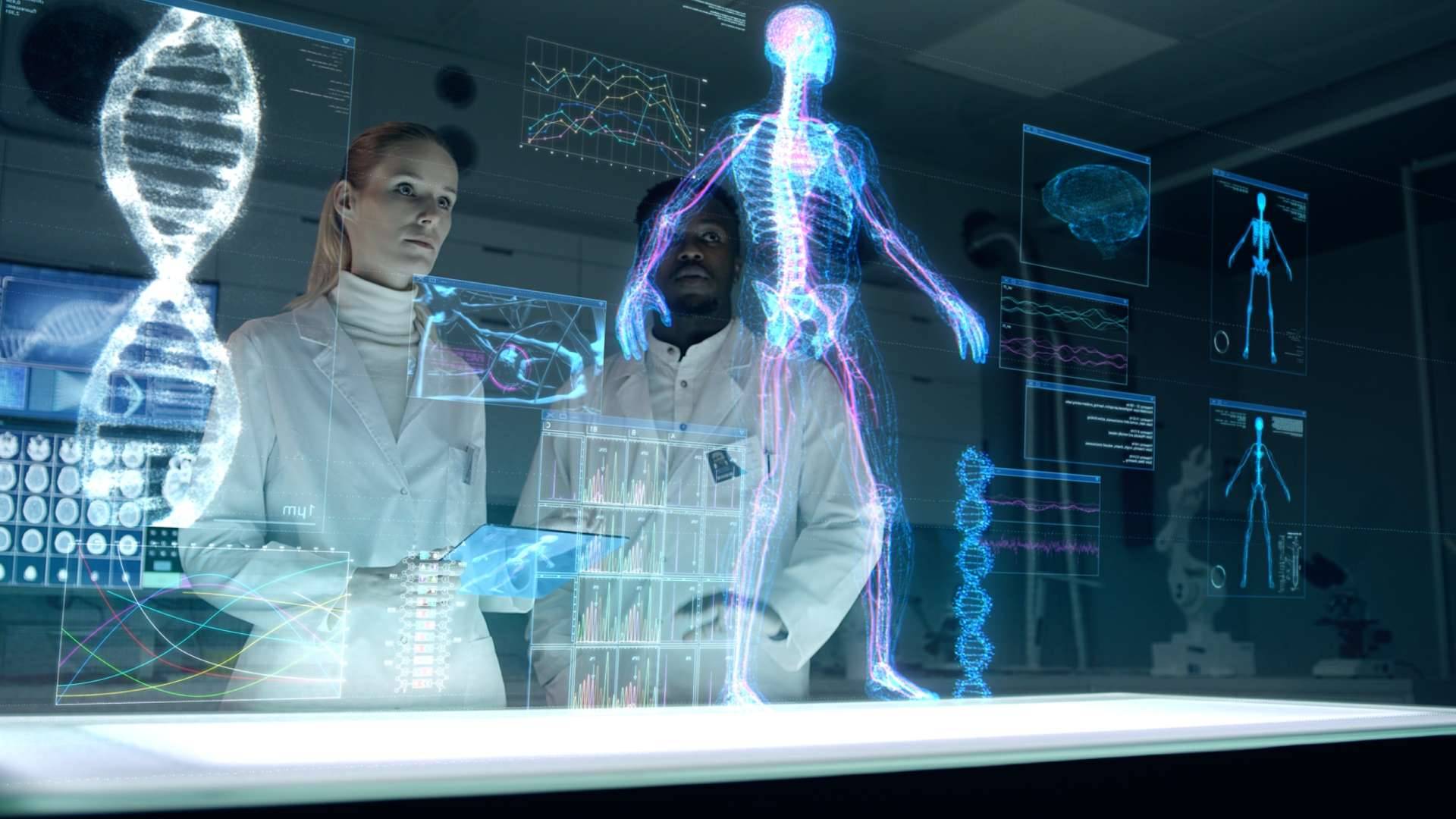Future of Biotechnology: Innovations Shaping the Next Decade

Introduction
The future of biotechnology is transforming industries, from healthcare and agriculture to environmental conservation and synthetic biology. Advances in genetic engineering, AI-driven drug discovery, and bioinformatics are unlocking new possibilities that were once considered science fiction.
With biotechnology playing a crucial role in disease prevention, food security, and sustainable solutions, the coming decade promises groundbreaking innovations that will redefine life as we know it. In this article, we explore the most exciting biotech advancements shaping our future.
1. CRISPR and Gene Editing: Rewriting DNA for a Healthier Future
Gene editing, particularly CRISPR-Cas9, is one of the most revolutionary technologies in biotechnology. This powerful tool allows scientists to edit DNA with precision, opening doors to:
🧬 Curing Genetic Diseases – Potential treatments for sickle cell anemia, cystic fibrosis, and muscular dystrophy.
🧬 Eliminating Inherited Disorders – Editing embryos to prevent genetic diseases before birth.
🧬 Developing Disease-Resistant Crops – Enhancing food security by modifying crops to resist pests and harsh climates.
As CRISPR technology advances, ethical considerations and regulations will play a significant role in its widespread adoption.
2. AI in Biotechnology: Accelerating Drug Discovery
Artificial intelligence (AI) is reshaping biotechnology by analyzing complex biological data, leading to faster medical breakthroughs.
💡 AI-Driven Drug Discovery – Reducing drug development time from years to months.
💡 Precision Medicine – Tailoring treatments based on an individual’s genetic makeup.
💡 Predicting Disease Outbreaks – AI models analyze global health data to predict and prevent pandemics.
The integration of AI and machine learning in biotech research is set to revolutionize healthcare and pharmaceutical industries.
3. Regenerative Medicine: Growing Organs in Labs
The future of biotechnology includes the development of lab-grown tissues and organs using stem cells and 3D bioprinting.
🏥 Organ Transplant Alternatives – Growing kidneys, livers, and hearts to eliminate transplant waiting lists.
🏥 Tissue Engineering for Burn Victims – Developing skin grafts through bioprinting.
🏥 Regenerative Therapies for Chronic Diseases – Helping patients with diabetes, spinal cord injuries, and arthritis.
With bioprinting advancing, the possibility of custom-made organs could become a reality within the next decade.
Also Read: Next-Gen Robotics: Transforming the Future of Automation

4. Synthetic Biology: Creating Life from Scratch
Synthetic biology is pushing the boundaries of biotechnology by designing and engineering new biological systems.
🧪 Artificial DNA Creation – Scientists are developing synthetic life forms with unique functionalities.
🧪 Biofuel Production – Engineering bacteria to produce sustainable biofuels as an alternative to fossil fuels.
🧪 Self-Healing Materials – Developing materials embedded with living cells to repair themselves.
The ability to engineer life at the molecular level will redefine medicine, manufacturing, and environmental sustainability.
5. Biotechnology in Agriculture: Feeding the World Sustainably
With the global population expected to reach 10 billion by 2050, biotechnology will play a vital role in ensuring food security.
🌾 Genetically Modified Crops (GMOs) – Improving nutritional value, resistance to pests, and drought tolerance.
🌾 Lab-Grown Meat – Creating cultivated meat without the need for livestock farming.
🌾 Bio-Fertilizers and Pest Control – Reducing reliance on chemical fertilizers and pesticides.
Sustainable biotech solutions in agriculture will help combat climate change and resource scarcity.
6. Biodegradable Plastics: A Solution to Plastic Pollution
The future of biotechnology includes developing eco-friendly alternatives to plastic waste.
♻️ Bioplastics from Plants – Corn-based plastics that decompose naturally.
♻️ Plastic-Eating Bacteria – Engineered bacteria that break down plastic waste in oceans and landfills.
♻️ Mushroom Packaging – Sustainable packaging made from fungi-based materials.
Biotech innovations are leading the way in reducing global plastic waste and environmental pollution.
7. Biotechnology and Space Exploration
Biotechnology is playing a crucial role in space missions by ensuring astronauts’ survival and exploring new possibilities.
🚀 Lab-Grown Food for Space Missions – NASA is developing bioengineered food for long-term space travel.
🚀 Bioreactors for Oxygen Production – Using microorganisms to produce oxygen in space habitats.
🚀 Human Adaptation to Space – Genetic research on how humans can survive Mars-like environments.
As humans prepare for deep-space travel, biotechnology will be essential for sustaining life beyond Earth.

8. The Future of Biotechnology: What’s Next?
The next decade will bring breakthroughs in biotechnology, including:
🔬 Personalized Cancer Vaccines – Tailored treatments for individual cancer patients.
🔬 Brain-Machine Interfaces (BMIs) – Direct communication between the brain and computers.
🔬 AI-Guided Genetic Therapies – More effective and affordable gene therapies.
🔬 Environmental Bioremediation – Using bacteria and fungi to clean oil spills and toxic waste.
As biotechnology advances, it will reshape healthcare, agriculture, and sustainability, improving life globally.
Conclusion
The future of biotechnology is set to revolutionize multiple industries, from gene editing and AI-driven medicine to lab-grown food and sustainable materials. These advancements will not only enhance human health but also protect our environment and shape the future of life on Earth.
With continuous biotech innovations, we are entering an era of unparalleled scientific breakthroughs that will define the 21st century.
🔬 Are you ready for the biotech revolution? 🌍




One Comment